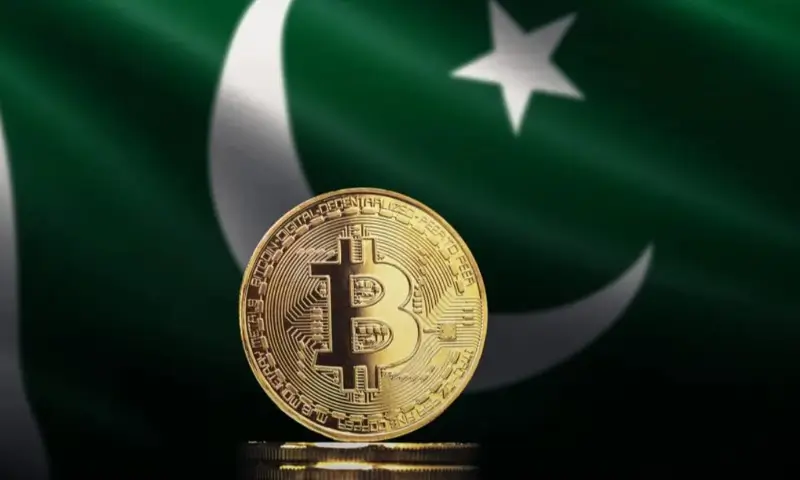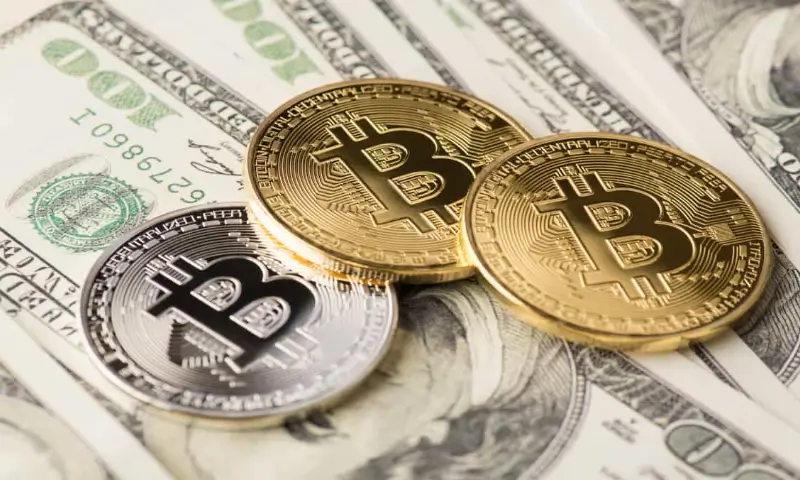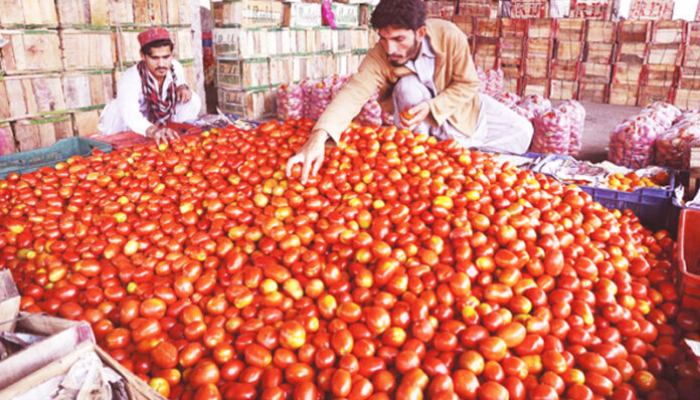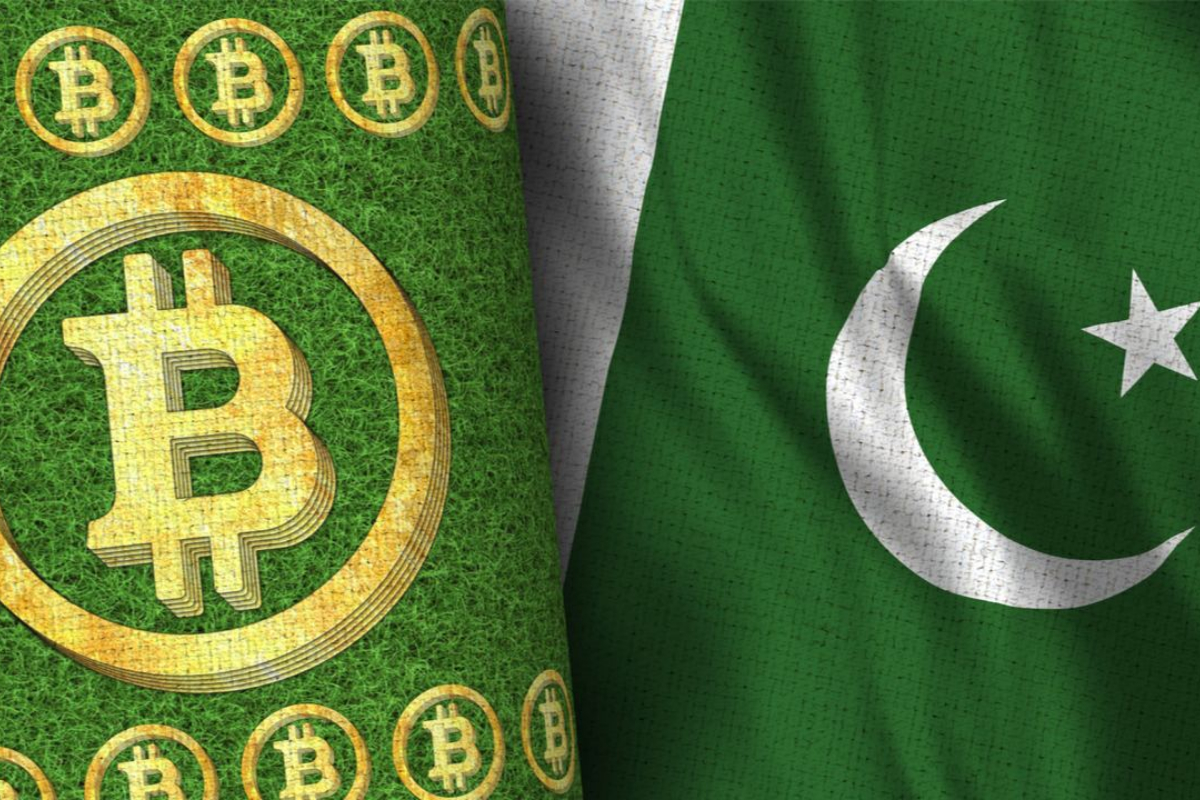KARACHI: The State Bank of Pakistan (SBP) on Thursday sharply increased the key policy rate by 2.5 per cent to 12.25 per cent in an unscheduled monetary policy committee meeting.
The meeting noted that the above developments necessitated a strong and proactive policy response. Accordingly, the committee decided at its emergency meeting to raise the key policy rate by 250 basis points to 12.25 per cent.
At its last meeting on March 8, 2022, the Monetary Policy Committee had noted in its statement the significant uncertainty around the outlook for international commodity prices and global financial conditions, which had been exacerbated by the Russia-Ukraine conflict.
Given the unfolding situation, the committee had highlighted that it “was prepared to meet earlier than the next scheduled MPC meeting in late April, if necessary, to take any needed timely and calibrated action to safeguard external and price stability”.
Since the last meeting, the outlook for inflation has deteriorated and the risks to external stability have risen. Externally, the futures markets suggest that the global commodity prices, including oil, are likely to remain elevated for a longer period and the Federal Reserve is likely to increase the interest rates more quickly than previously anticipated, likely leading to a sharper tightening of the global financial conditions.
On the domestic front, the inflation outturn in March surprised on the upside, with core inflation in both urban and rural areas also rising significantly. While timely demand-moderating measures and strong exports and remittances saw the February current account deficit shrink to $0.5 billion, its lowest level this fiscal year, heightened domestic political uncertainty contributed to a 5 per cent rupee depreciation and a sharp rise in the domestic secondary market yields, as well as Pakistan’s Eurobond yields and CDS spreads since the last meeting.
In addition, there has been a decline in the State Bank’s foreign exchange reserves largely due to debt repayments and the government payments pertaining to the settlement of an arbitration award related to a mining project.
Some of this decline in foreign exchange reserves is expected to be reversed, as the official creditors renew their loans.
As a result of these developments, average inflation forecasts have been revised upwards to slightly above 11 per cent in FY22 before moderating in FY23. The current account deficit is still expected to be around 4 per cent of GDP in FY22, while the non-oil current account balance has continued to improve, the overall current account remains dependent on the global commodity prices.
This increases forward-looking real interest rates (defined as the policy rate less expected inflation) to mildly positive territory. The Monetary Policy Committee was of the view that this action would help safeguard the external and price stability. The meeting also noted that the SBP is in the process of taking further actions to reduce pressures on inflation and the current account, namely an increase in the interest rate on the export refinance scheme (EFS) and widening the set of import items subject to cash margin requirements.
These items are mostly finished goods, including luxury items and exclude raw materials. The announcement of these measures is expected soon and will complement the action taken by the committee on interest rates on Thursday.
Importantly, the meeting highlighted that Pakistan’s external financing needs in FY22 are fully met from identified sources. Looking ahead, it said that today’s decisive actions, together with a reduction in the domestic political uncertainty and prudent fiscal policies, should help ensure that Pakistan’s robust economic recovery from the Covid-19 remains sustainable.





















